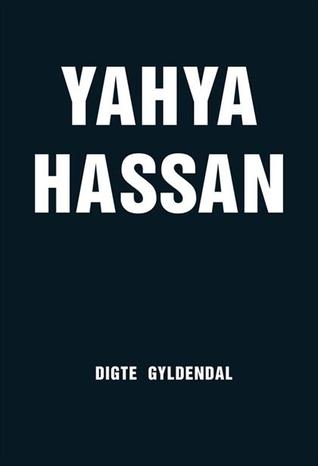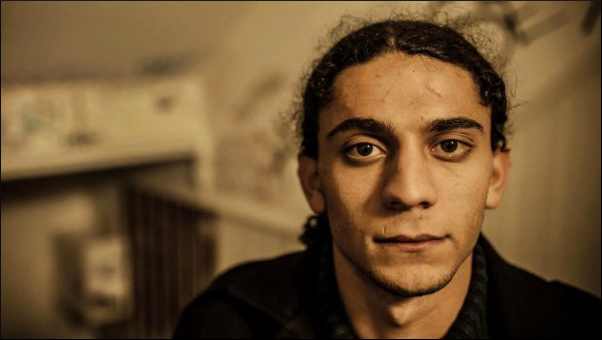
- YAHYA HASSAN
- Published by: N/A
- Level: Intermediate
- First Published in: 2013
Yahya Hassan's self-titled collection of poems, which stirred up a level of hype and controversy very rarely seen in the realm of poetry
In Denmark, one of the major controversies of 2013 came from an unexpected place: the literary scene. On October of that year, 18-year-old Yahya Hassan released his debut, a self-titled collection of poems that stirred up a level of hype and controversy very rarely seen in the realm of poetry. 100.000 copies of the collection have been sold thus far, the largest amount ever for a debuting Danish poet. Only months after its release, it is being distributed in several European countries. The book spun quite a bit of controversy, spurring furious public debate on racism. The author was threatened to death and even assaulted for his critique of Islam. The son of Palestinian immigrants, his poems describe how his surroundings shaped his upbringing, giving a voice to a sector of society not always heard about (at least in the arts) in Denmark.
"100.000 copies of the collection have been sold thus far, the largest amount ever for a debuting Danish poet."
The poetry collection presents a young man in a world of violence and crime. He is brutally direct, centring on religious hypocrisy, an aggressive father, and a dysfunctional family. This harshness is underlined by his use of capital letters and an effective employment of street language, mixing Muslim vocabulary with words like “smøg” (cigarette), “pik” (penis), or harsher slang like “pansersvin” (cop-swine or police). This gives the poems a slap-in-the-face sense of reality.

Being well-read and well-spoken, Hassan exercises both eloquent wordplay and explicit slang, as in the following excerpt: “MIN MOR HUN FATTER IK SÅ MEGET DANSK/ MEN DE ANDRE ARABERMØDRE DE FATTER MINDRE/ OG MIN MOR HUN KOM I FIRSER/ OG SIDEN HALVFEMSER HUN HAR GÅET TIL TEORI/ MEN HUN FIK FØRST SIN KØREKORT I 2010” (My mum does not get so much Danish / But the other Arab mums they get less / And my mum she came in eighties / And since nineties has taken lessons in theory / But she only got her driver's licence in 2010). The above passage mimics the speech of immigrants, as found in the circles where Hassan grew up. “Ik” is an oral way of saying “ikke” (not). “Firser” (eighties) and “halvfemser” (nineties) lack a “-ne,” since the correct forms would be “firserne” (the eighties) and “halvfemserne” (the nineties). “Hun har” should be reversed and written as “har hun,” while “sin kørekort” (driver's licence) is neuter and, in correct Danish, would be “sit kørekort.”
"All around, this collection demonstrates the strong hold of the Danish language and the cultural subtext that words can contain. It is a tough read about a tough existence, but definitely worthwhile."
This particular poem is named “GHETTOGUIDE” and shows some trademark immigrant slang, confusing subject and verb order, neuter and common genders, and so on. To make it clear that he’s consciously using slang, Hassan follows the above poem with a straightforward and almost too correct “PÅMINDELSE” (reminder): “SÅ BEKRÆFTEDE MÅNEN AT EID FALDER PÅ TORSDAG/ OG AT VI DERMED SKAL FESTE EN SIDSTE DAG” (The moon confirmed that Eid falls on Thursday / and that we thus can celebrate one last day). The word “dermed” (thus or in that way) carries more formal connotations than those evoked in GHETTOGUIDE. All around, this collection demonstrates the strong hold of the Danish language and the cultural subtext that words can contain. It is a tough read about a tough existence, but definitely worthwhile.

